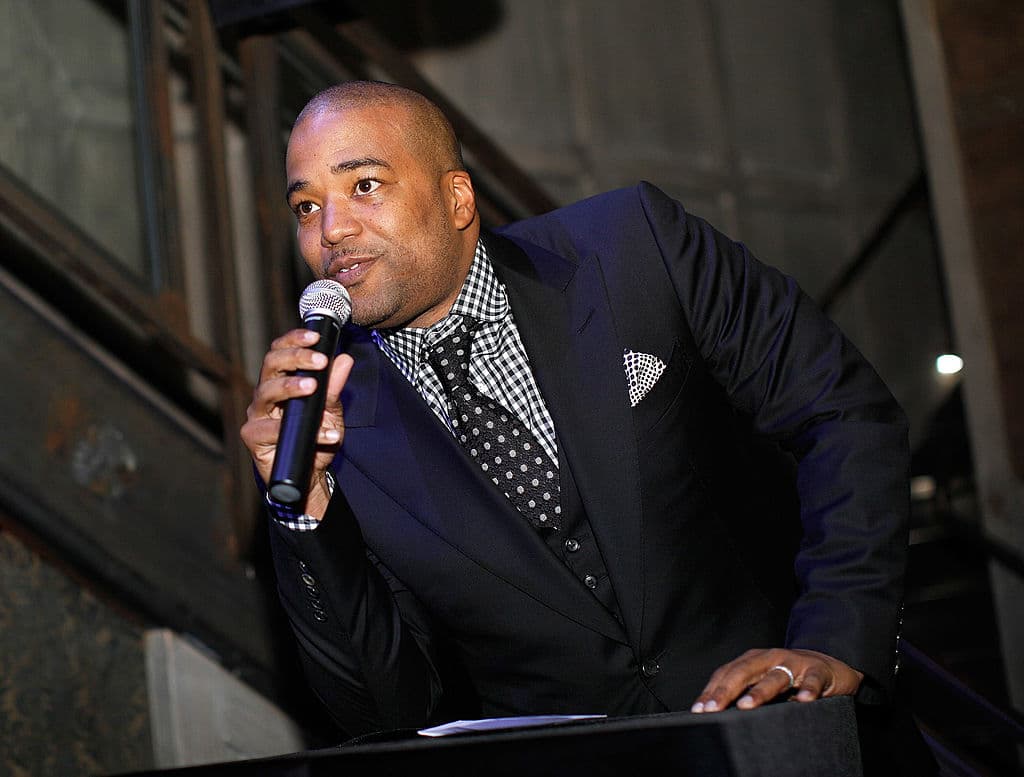
More than a music artist manager, legendary music executive Chris Lighty was a street legend who worked hard from the bottom up to the boardroom and became one of the most powerful players in hip-hop. Lighty would use the name of his former gang, the Violators, to brand his eventual Violator Management company and later, Violator Records. A shortlist of his clients reads like the who’s who of hip-hop royalty: A Tribe Called Quest, LL Cool J, Missy Elliott, Busta Rhymes, Fat Joe, 50 Cent, Nas and so on. In 2004, Lighty brokered the largest brand endorsement deal in hip hop to date. He was the architect of what turned out to be one of the most lucrative deals in hip hop history. Because he understood the business and culture of hip-hop, he earned a reputation as a manager who spoke his artists’ language and translated it into monumental deals.
Lighty got his start with DJ Red Alert when he was managing and producing the Jungle Brothers. Red put Chris on the road, where he began to earn a reputation as a tough-as-nails manager. His roster went on to include Native Tongues artists A Tribe Called Quest and De La Soul, and his outside-the-box ingenuity caught the attention of Russell Simmons and Lyor Cohen. Lighty then joined Rush Management, where he handled Will Smith, Rakim, Run DMC and LL Cool J.
When Rush closed their doors, Cohen and Simmons gave him their blessing to start his own company with some of those same clients, and Violator Management—a multi-million dollar empire—was born. In Lighty’s hands, 50 Cent became a household name and garnered his groundbreaking deal with Vitamin Water. When Coca-Cola paid $4.1 billion for Vitamin Water’s company Glaceau three years later, 50 Cent received $100 million, and Lighty received an undisclosed sum.
The 44-year old Lighty reportedly shot himself after a fight with his wife at their condo in the Bronx. And according to newspaper reports, Chris Lighty owed $5 million to the IRS.
But it’s Lighty’s tragic passing, ruled a suicide in 2012, that makes his story similar to other Black men who have died by suicide: Soul Train’s Don Cornelius, NFL’s Junior Seau, linebacker Jovan Belcher...the list goes on. Once again, the spotlight has been brought back to an issue that deserves, but is consistently denied, a real and meaningful platform: black suicide.
Jovan Belcher, 25, shocked the world by shooting his girlfriend, and the mother of his 3-month old child, Kasandra Perkins, 22, to death, then driving to the team training facility at Arrowhead Stadium and killing himself in front of his coach and general manager in a burst of violence.
The mother told investigators that Perkins and Belcher had quarreled just before the shooting, but that Belcher had never before been physically abusive with her daughter, Snapp added.
One of the most prevalent views within the African-American community is that we do not intentionally kill ourselves. That suicide is something only white people or spiritually-weak people do. That suicide is a cop-out, and that to even consider it is a “punk move”. However, these apparent suicides and clinical research clearly indicate that African-Americans do commit suicide.
Why Do These Stigmas Exist In The Black Community?
In the Black community, there is a culture of silence around the issues of mental health, sexuality, marital infidelity, homophobia and other forms of sexual difference, poverty, neglect and abuse, and specific health problems people are experiencing.
It isn’t that people don’t talk about these matters at all; they just don’t regularly talk about them in public spaces. Instead, we whisper about them in safe, private spaces with people who shared our sensibilities of what it means to be…








